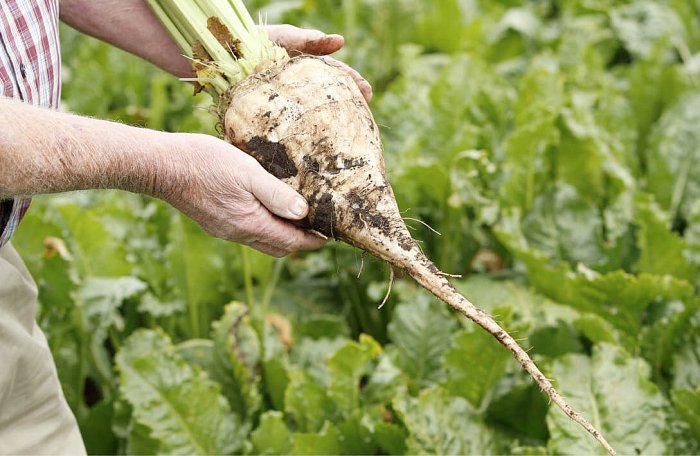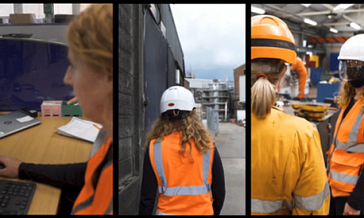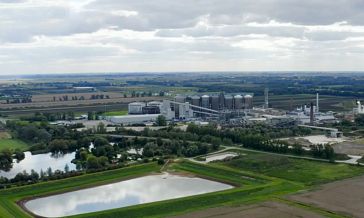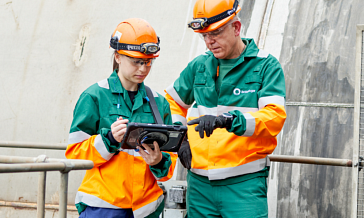
Latest news
All recent news from British Sugar
Industry partnership aims to keep UK on top with hi-tech beet yield model
26 June 2014

Peterborough, 26 June 2014: A new industry partnership is helping UK sugar beet growers maintain their leading position by making the most of environmental conditions to increase their annual yield.
Funded by the Technology Strategy Board (TSB), the partnership brings together British Sugar, remote sensing specialists Rezatec and agribusiness consultants Rectory Farmhouse Ltd (RFL), with additional support from the British Beet Research Organisation. Together they’re working on a 12-month project to combine the industry crop model (called the ABSugar BEETGRO model) with additional factors such as earth observation (EO), environmental and in situ farm datasets to improve the model’s predictive accuracy and increase beet growers’ harvestable yields. Funding and support from the TSB has been essential to allow the partnership to undertake the initiative effectively.
The improved sugar beet crop growth model will give growers an enhanced decision making system designed to help them manage environmental factors better and improve their yields. This would not only strengthen UK beet growing, but would also mean the model could be used internationally and even be applied to other crops.
The partnership is currently working with 20 beet growers in 40 fields with a range of soil types across the UK. Weather stations and soil sensing equipment is providing meteorological and environmental data for incorporation into the model and this will continue over the rest of the growing season.
Colm McKay, British Sugar’s Agriculture Director, said: “This is a great example of beet industry collaboration in a project that will help the UK maintain its world leadership in innovative sugar beet production and processing in the face of increased competition.
“The TSB funding has been crucial at a time when food security and the need to manage land more effectively is an environmental and political necessity. Our improved yield production model will give growers a range of decision making options to help them become more efficient, more productive and more profitable.”
Patrick Newton, Chief Executive Officer of Rezatec, said: “By aggregating and analysing large amounts of diverse data from satellites, unmanned aerial vehicles (UAV) and ground observations, Rezatec can deliver its environmental data products and services. Crop yield optimisation is one just of the many ways that we can provide economic benefit to the food industry. “
Roelof Kramer, Director at Rectory Farmhouse, said: “The increasing need to produce more food with the same or less resources requires smarter farming. Sustainable intensification of agriculture is best achieved through integrating and optimising the use of existing and new technologies. Rectory Farmhouse takes a holistic approach to farming and is proud to be the agribusiness consultancy provider in this sugar beet partnership.”
Notes
Rezatec’s landscape intelligence platform aggregates large amounts of diverse data from satellite, airborne and ground instruments and through its mapping, measuring and monitoring services provides critical support for commercial, environmental and social decision-making for businesses. The platform captures a wide range of landscape characteristics in high spatial and temporal resolution and provides layers of geo-referenced information and associated analysis all within a user-friendly web-based dashboard tailored to each customer’s requirements. Headquartered within the Harwell Space Cluster, Oxfordshire, UK, Rezatec provides its data products and services to a wide range of industries including: food, energy, water, carbon and forestry.
Rectory Farmhouse provides a range of consultancy services to companies operating, and investing, in the agribusiness sector. These services are for example market research and feasibility studies, business development and due diligence. The professional focus is on sustainable intensification of agricultural production systems in developing as well as in developed markets. The companies’ strength lies in the application of both operational and economical expertise in various crop value chains.




